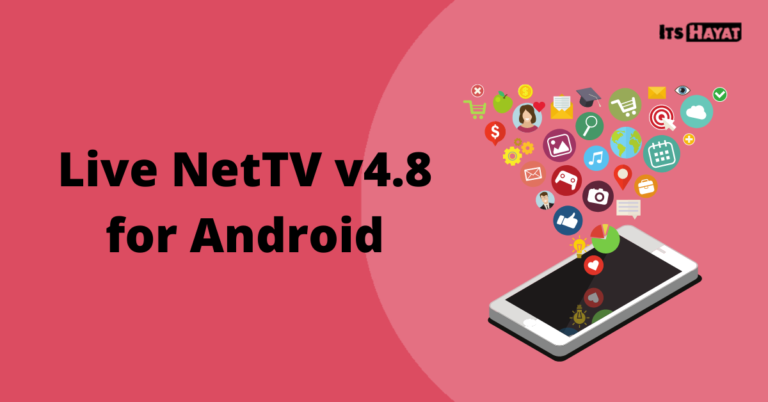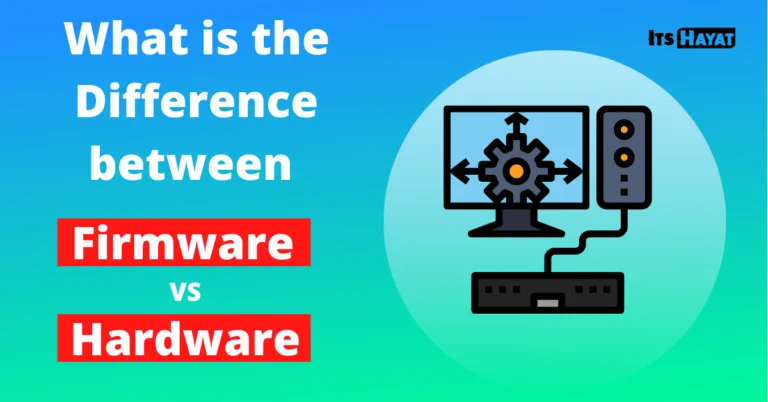What is Blockchain Technology and its Help Revolutionizing Industries
Blockchain technology has become increasingly prominent in recent years due to its potential to revolutionize multiple industries. Blockchain is a digital ledger that stores and records information securely, immutably, and transparently on a distributed network of computers. This decentralized system ensures that data stored on the blockchain is immutable and secure, as it is not controlled by any single entity or person. The security provided by blockchain technology makes it ideal for a wide variety of industries, from finance and banking to healthcare and supply chain management. Moreover, in this blog, you will come to know about the potential for blockchain technology to revolutionize industries.
What is Blockchain Technology?
Blockchain technology is a distributed ledger system that operates without the need for a central authority or control. It uses cryptography to secure and validate data that is stored on the ledger, as well as to create and verify digital contracts, smart contracts, and transactions. Blockchain technology allows organizations to securely store and manage large amounts of data quickly, efficiently, and with minimal risk. Additionally, the decentralized network of computers that make up the blockchain means that data stored on it is immutable and secure from malicious actors or external interference.
How Does it Work?
Blockchain technology works by creating a decentralized database or ledger that records and stores data. This data can include anything from financial transactions to healthcare records. Each transaction is securely recorded in the blockchain, making it immutable and secure. Once a new block is added to the chain, it cannot be changed or deleted, ensuring complete transparency and trust between parties.
Moreover, it also ensures that the data is kept secure, as it cannot be modified or altered by a single entity or person. Additionally, blockchain technology allows users to create and verify digital contracts and smart contracts, which are self-executing agreements between two parties based on predetermined conditions.
Benefits of Blockchain Technology
• Increased Transparency: Blockchain technology allows for the secure and transparent exchange of information, creating a permanent digital record that cannot be tampered with or altered.
• Improved Security: Blockchain networks are highly secure due to their decentralized nature, cryptographic security measures, and strong encryption protocols.
• Faster Transactions: Transactions made using blockchain technology are much faster than those made with traditional methods due to the lack of central authority or intermediaries.
• Reduced Costs: Transactions on a blockchain network are generally much cheaper than those made using traditional methods as there are fewer fees associated with blockchain transactions.
• Improved Traceability: Blockchain technology enables organizations to trace the origin and movement of goods, allowing them to track the entire supply chain.
• Enhanced Data Integrity: By storing data on a blockchain network, organizations can ensure that all their data is immutable and secure from malicious actors or external interference.
Potential of Blockchain Technology in Industries:
There are many industries where blockchain technology is working as revolutionizing force such as:
Financial Services:
The capability of blockchain technology to securely store and manage financial data makes it ideal for use in banking and other financial services. By utilizing blockchain technology, banks can reduce costs associated with fraud and data manipulation while improving customer experience. In addition, the use of smart contracts on a blockchain ledger ensures that transactions are secure and efficient.
Supply Chain Management:

Blockchain technology has the potential to revolutionize supply chain management by increasing the visibility, security, and traceability of goods throughout the process. By utilizing blockchain ledger systems, businesses can reduce costs associated with manual data tracking while ensuring that goods remain secure and authentic. Additionally, blockchain technology can be used to ensure timely delivery and reduce the risk of counterfeit goods entering the supply chain.
Healthcare:
Blockchain technology has the potential to revolutionize healthcare by improving data security, and patient privacy and providing real-time access to patient records. By utilizing the immutability of blockchain technology, healthcare providers can ensure that all medical data is securely stored and only accessible to authorized personnel. Additionally, blockchain technology can be used to automate administrative tasks such as billing and record-keeping, reducing the cost and complexity of medical operations.
Business:
Businesses can use blockchain technology to securely store and transfer data, as well as create smart contracts. This will allow organizations to streamline processes and reduce costs, improve efficiency and transparency for customers, and reduce the risk of fraud or data loss. Additionally, blockchain technology can be used to create digital tokens that represent assets such as currencies or commodities, allowing businesses to more easily issue and trade securities.
Future of Blockchain Technology:
The potential of blockchain technology is immense, and it has the potential to revolutionize numerous industries. In the future, blockchain technology could be used in a variety of ways such as:
• Automating complex processes and transactions
• Ensuring secure digital identities
• Facilitating peer-to-peer energy trading
• Enhancing data security in the Internet of Things
• Creating digital autonomous organizations
• Powering distributed cloud storage platforms.
As more organizations begin to adopt blockchain technology, the potential applications of this revolutionary technology will continue to expand. With its ability to increase transparency, efficiency, and security in numerous industries, blockchain technology has the potential to revolutionize how businesses and individuals interact with one another. By utilizing blockchain technology in the future, organizations will be able to reduce costs, improve efficiency and unlock new opportunities in their respective industries.
Conclusion:
Blockchain technology has the potential to revolutionize various industries by increasing transparency, security, and efficiency. By utilizing blockchain technology, organizations can reduce costs associated with manual data tracking while ensuring that all data is securely stored and immutable. In the future, blockchain technology will continue to expand and evolve, providing businesses with new opportunities to increase efficiency and reduce costs. The potential applications of this revolutionary technology are endless and the future of blockchain looks very promising. If you want to get more information you may check the above body of text.







